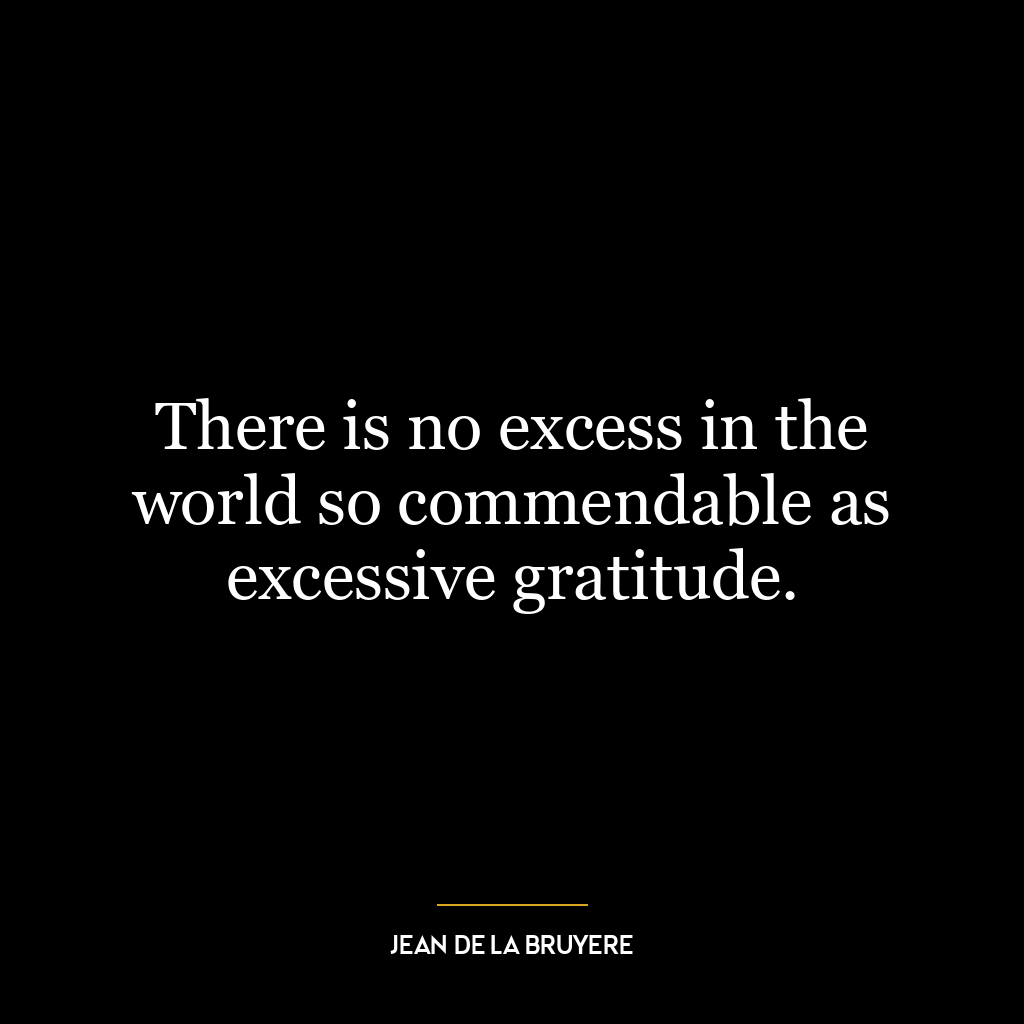Constant complaint is the poorest sort of pay for all the comforts we enjoy.
This quote suggests that complaining constantly is a poor way to reciprocate for the comforts and blessings we have in life. Instead of appreciating and being grateful for the good things we have, we often focus on what’s wrong or what we lack. This attitude can be likened to ‘payment’ for the comforts we enjoy – it’s as if we’re giving back negativity for positivity, which is a poor exchange.
The quote also implies that our complaints are often trivial compared to the larger benefits we enjoy. It’s a reminder that we should focus more on our blessings than our problems, as the former usually outweigh the latter.
In today’s world, this quote is particularly relevant given the prevalence of social media and the culture of complaint that often seems to dominate online discourse. People often vent their frustrations and dissatisfaction on these platforms, focusing more on what they lack rather than appreciating what they already have. This constant negativity can create a toxic environment that fosters dissatisfaction and unhappiness.
In terms of personal development, this quote encourages us to cultivate an attitude of gratitude. Instead of complaining about what we don’t have, we should appreciate what we do have. This shift in perspective can lead to increased happiness, contentment, and overall life satisfaction. It can also improve our relationships, as people are generally drawn to positivity rather than negativity.
Moreover, it also encourages us to take action instead of just complaining. If we’re unhappy with something in our lives, it’s more productive to try and change it rather than just complain about it. This proactive approach can lead to personal growth and development, as well as increased self-efficacy.














